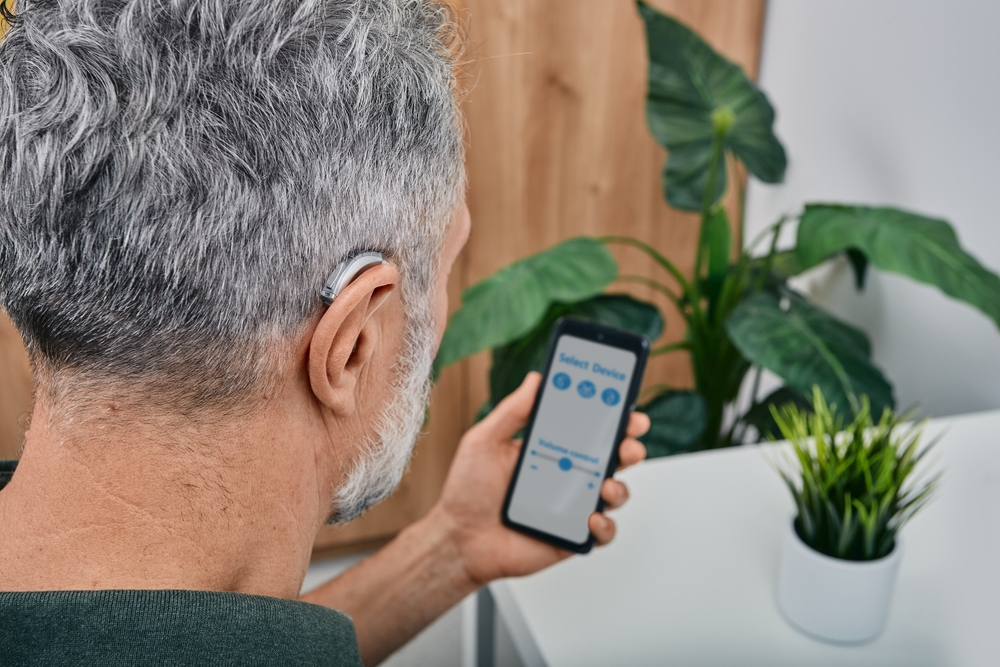
Even mild hearing loss can significantly impact everyday life, influencing interactions with friends, family, and co-workers, as well as complicating routine activities such as grocery shopping. But transformative changes can be introduced by the use of correctly tuned hearing aids.
Top ten reasons to invest in hearing aids
While the primary benefit of hearing aids is obvious, improved hearing, their impact extends far beyond basic auditory enhancement. The following will comprehensively outline those benefits.
Better relationships and communication
Personal relationships rely on the ability to clearly communicate. Relationships can be strained when hearing loss leads to missed communication. Feelings of separation and stress will be decreased and your ability to communicate with others will be enhanced by using hearing aids.
Being more independent
Basic tasks like purchasing groceries or dining out can become challenging with neglected hearing loss, as communication barriers may arise. Your ability to understand speech and hear in a variety of environments will be strengthened by hearing aids, allowing you to navigate these situations more independently. Having a better sense of independence will help you do things that demand enhanced situational awareness such as driving, for example.
Prospect of higher income
In professional situations, successful communication is critical. Your job efficiency and career advancement can be diminished by neglected hearing loss which can impact how you participate in meetings and other work-associated gatherings. You can increase your productivity, which can, in turn, bring about career opportunities, by using hearing aids to stay more alert and engaged.
Discomfort from tinnitus can be decreased
Hearing loss is commonly accompanied by tinnitus symptoms or ringing in the ears. Hearing aids can provide relief from tinnitus for some individuals by masking symptoms.
Mitigated cognitive decline
A connection between cognitive decline and dementia, and hearing loss has been suggested by the results of some studies. It’s possible that using hearing aids to treat neglected hearing loss can decrease the chance of cognitive impairment and help maintain the overall health of the brain.
The enjoyment of music
Hearing loss can distort the perception of music, making it less pleasurable. The depth and richness of musical sounds can be restored by hearing aids which fill in the frequency gaps so you can take pleasure in your favorite songs again.
Boosted confidence
Clear hearing builds confidence in social connections and professional settings alike. Your general quality of life will be enhanced and you will feel more capable when you can communicate better.
Having more energy
Neglected hearing loss forces the brain to work extremely hard to fill in missing sound which can be mentally draining. Hearing aids decrease this strain, providing mental relief and allowing you to enjoy activities without feeling continuously tired.
Awareness and safety can be enhanced
Awareness of one’s surroundings is crucial for safety, whether it’s crossing the road or driving a car. Hearing aids rejuvenate environmental sounds, such as approaching vehicles or alarms, ensuring that you can respond appropriately and safely.
Setting a positive example
You will set a positive example for others dealing with hearing loss by embracing hearing aids and demonstrating an approach to health and well-being that is positive. It exhibits a commitment to personal growth and improvement, inspiring those around you.
Schedule a hearing exam today
While the main advantage of hearing aids is to enhance auditory perception, the ripple effects on other aspects of life are powerful. Hearing aids are a positive step to a better quality of life, whether that means increased independence, stronger cognitive health, improved relationships, or a mix of these.
Take the first step towards better hearing today by scheduling a hearing assessment with us.